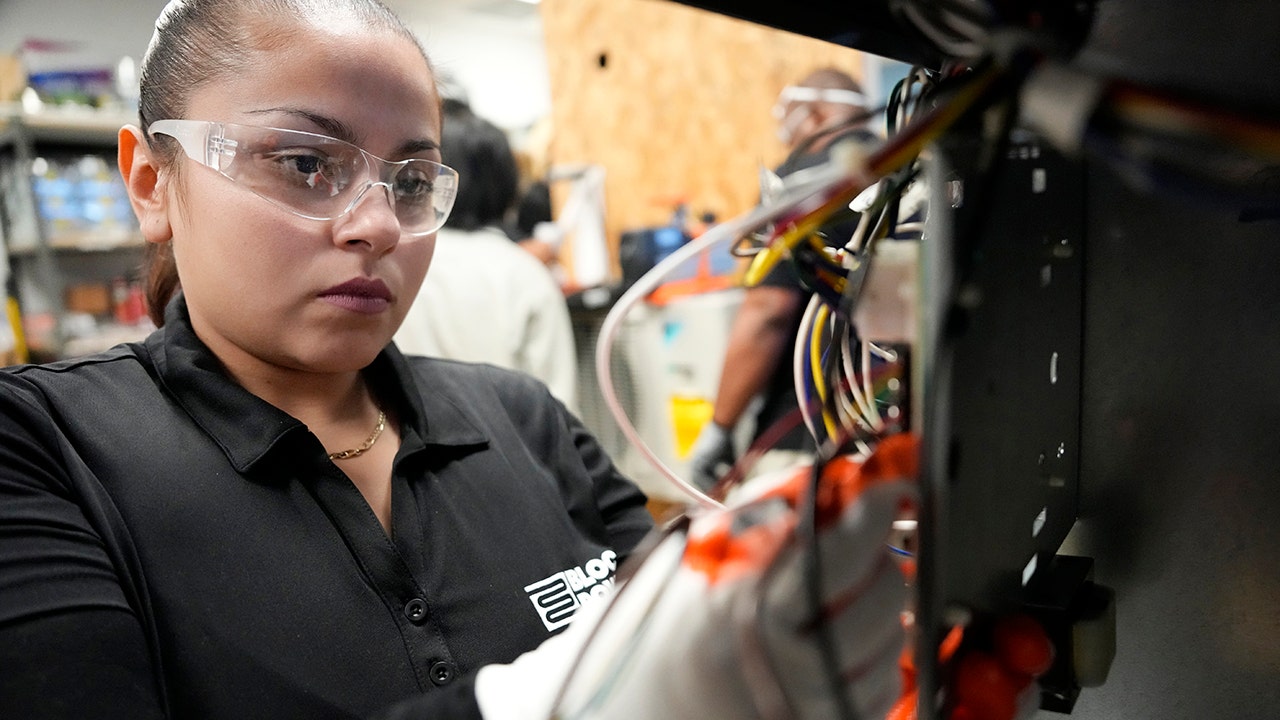AI Revolution: How Artificial Intelligence is Transforming Daily Life and the Urgent Warnings from Tech Leaders
2025-08-26

Fox Business
The rise of Artificial Intelligence (AI) is no longer a futuristic concept; it's rapidly reshaping our daily lives. From personalized recommendations to automated tasks, AI is becoming increasingly integrated into how we work, play, and interact with the world. Recent data reveals a significant adoption rate, with a staggering 11% of voters now reporting using AI tools on a daily basis. This widespread adoption underscores the transformative power of this technology.
However, alongside the excitement and potential benefits, a growing chorus of concern is emerging from some of the world's leading tech figures. These pioneers, who have been instrumental in driving AI's development, are now sounding alarms about the 'profound risks' associated with its rapid advancement. Their warnings highlight the need for careful consideration and proactive measures to ensure AI benefits humanity as a whole.
The Pervasive Impact of AI
AI's influence is already evident in numerous areas:
- Healthcare: AI algorithms are assisting in diagnostics, drug discovery, and personalized treatment plans, leading to improved patient outcomes.
- Finance: AI-powered systems are detecting fraud, assessing risk, and providing personalized financial advice.
- Transportation: Self-driving cars and optimized logistics are poised to revolutionize the way we move goods and people.
- Entertainment: AI is powering personalized recommendations, generating creative content, and enhancing gaming experiences.
- Education: AI tutors and adaptive learning platforms are tailoring educational experiences to individual student needs.
The Concerns of Tech Leaders
The warnings from tech leaders aren't about halting AI development, but rather about guiding it responsibly. Key concerns include:
- Job Displacement: Automation driven by AI could lead to significant job losses across various sectors.
- Bias and Discrimination: AI algorithms trained on biased data can perpetuate and amplify existing inequalities.
- Security Risks: AI systems are vulnerable to malicious attacks and could be used for harmful purposes.
- Autonomous Weapons: The development of AI-powered weapons systems raises ethical and security concerns.
- Existential Risk: Some experts caution about the potential for advanced AI to surpass human control and pose an existential threat.
Navigating the Future of AI
Addressing these challenges requires a multi-faceted approach:
- Ethical Guidelines: Establishing clear ethical guidelines and regulations for AI development and deployment.
- Transparency and Accountability: Ensuring that AI systems are transparent and accountable for their actions.
- Investing in Education and Training: Preparing the workforce for the changing job market and equipping individuals with the skills needed to thrive in an AI-driven world.
- International Cooperation: Fostering collaboration among nations to address the global challenges posed by AI.
The AI revolution is underway, and its impact will only continue to grow. By acknowledging both the immense potential and the inherent risks, we can work towards a future where AI serves as a powerful tool for human progress, rather than a source of disruption and harm. The coming years will be critical in shaping the trajectory of this transformative technology, and proactive engagement from policymakers, researchers, and the public is essential.


/https://tf-cmsv2-smithsonianmag-media.s3.amazonaws.com/filer_public/8c/c2/8cc24a2e-43ab-4cf5-9b1e-5a55564399a9/15650124019_626490c0f4_k.jpg)



